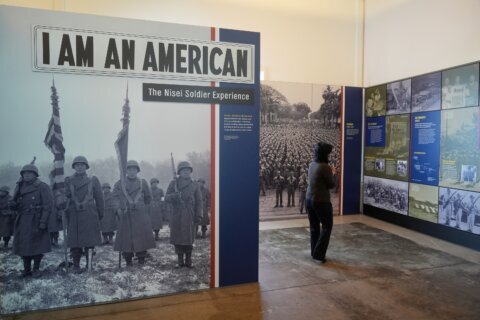New research is trying to determine whether the effects of a first cup of coffee are dependent on caffeine, or if the experience of sipping coffee is what makes drinkers ready to tackle the day.
While many people say they’re not able to function until they’ve had the caffeine in their morning coffee, Portuguese scientists set out to learn whether the wakefulness comes from the caffeine itself, or the physical action of drinking coffee.
“There is a common expectation that coffee increases alertness and psychomotor functioning,” said Professor Nuno Sousa of the University of Minho, corresponding author of the study in “Frontiers in Behavioral Neuroscience.”
According to the research, based on MRI scans, participants who drank a cup of coffee and those who ingested caffeine in other methods, were equally alert.
However, the portions of the brain that control “feeling motivated” — including working memory, cognitive control, and goal-directed behavior — were triggered by aspects other than the caffeine itself, including the smell and taste of coffee, as well as the psychological satisfaction of holding the cup and drinking.
While scientists expected other caffeinated drinks would produce similar effects, that wasn’t the case.
“In simple words, the subjects were more ready for action and alert to external stimuli after having coffee,” said study author Dr. Maria Picó-Pérez of Jaume I University.








